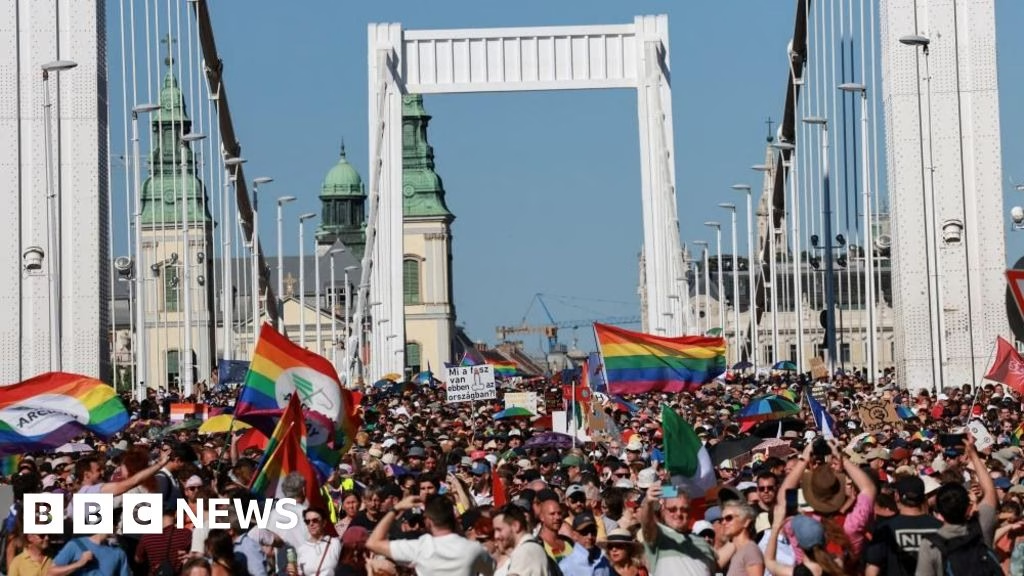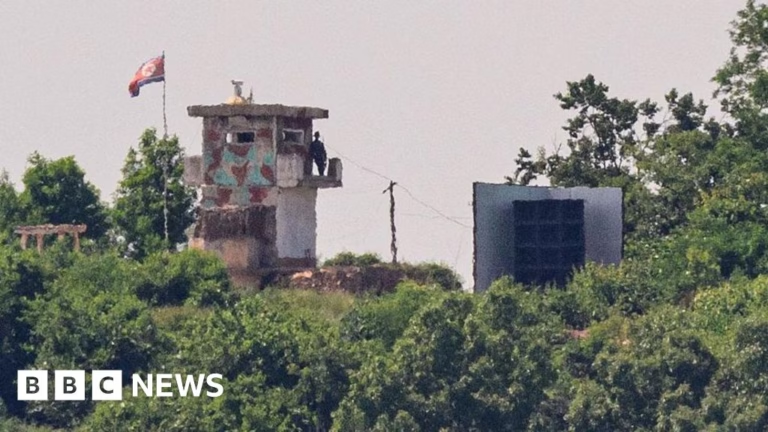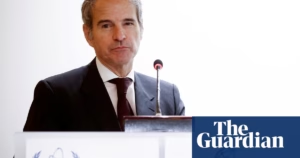Budapest is famous for its parties, and one such event took place on a hot summer day, when thousands gathered on the Elizabeth Bridge, river banks, and both sides of the Danube. Between 100,000 and 200,000 younger people danced and sang their way from Pest to Buda, a journey that usually takes just 20 minutes but stretched to three hours.
Many felt that Prime Minister Viktor Orban’s ban led to increased attendance, with a rise from 35,000 last year to this year’s turnout. The crowd protested against Orban, with slogans like, “In my history class I learned enough to recognize a dictatorship” and shirts adorned with Orban’s image. This event wasn’t solely for the LGBTQ community but celebrated human rights and showcased solidarity.
Budapest’s Mayor Gergely Karacsony addressed the crowd, emphasizing the importance of fundamental rights and the peaceful act of defiance towards the government. MEP Li Andersson from Finland joined to voice opposition to Orban’s stance. The ban on the event was based on a new law, equating homosexuality with paedophilia, and using the excuse of protecting children. But the authorities had a minimal presence at the march, with police focusing on monitoring, not intervening. In response, Fidesz officials attempted to reclaim the term “pride”, posting family pictures.
State media criticized the event despite the restrained police presence, and cameras recording the march. The future of such events could hinge on court decisions, with changes to legislation possibly ahead, depending on the court’s stance.
Source: https://www.bbc.com/news/articles/clylnev5y36o









